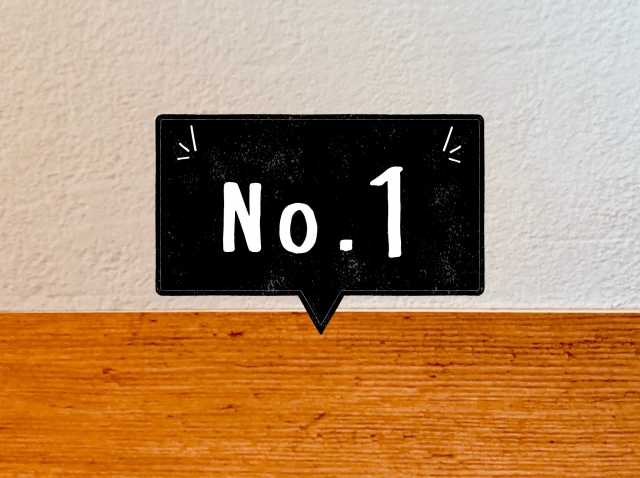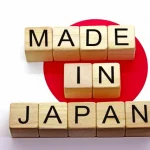In Japan, it’s well known that terms like “No. 1,” “the best” and “the largest” in advertising are regulated. These expressions aren’t outright banned, but when used, they require solid evidence that must be available for verification. This is why many ads on the streets use phrases like “one of the largest in Japan” or “boasting the largest area in the Kanto region”—somewhat vague wording rather than direct claims like “the largest in Japan” or “the largest in Kanto.” While using stronger wording isn’t impossible, companies avoid it unless they have concrete proof, as it could lead to issues if challenged. In a way, this reflects a Japanese cultural tendency to avoid conflict.
On the other hand, in many other countries, these strict regulations don’t exist, or they’re much more relaxed.
Foreign companies often aren’t aware of these rules, and translators don’t always adapt content to fit Japanese advertising standards, so they may translate phrases like “the world’s number one xx” directly. If that wording appears on a Japanese website, it can cause problems.
Although, as a production company, we are not legally responsible for published content, we do make an effort to advise clients based on local advertising norms.




